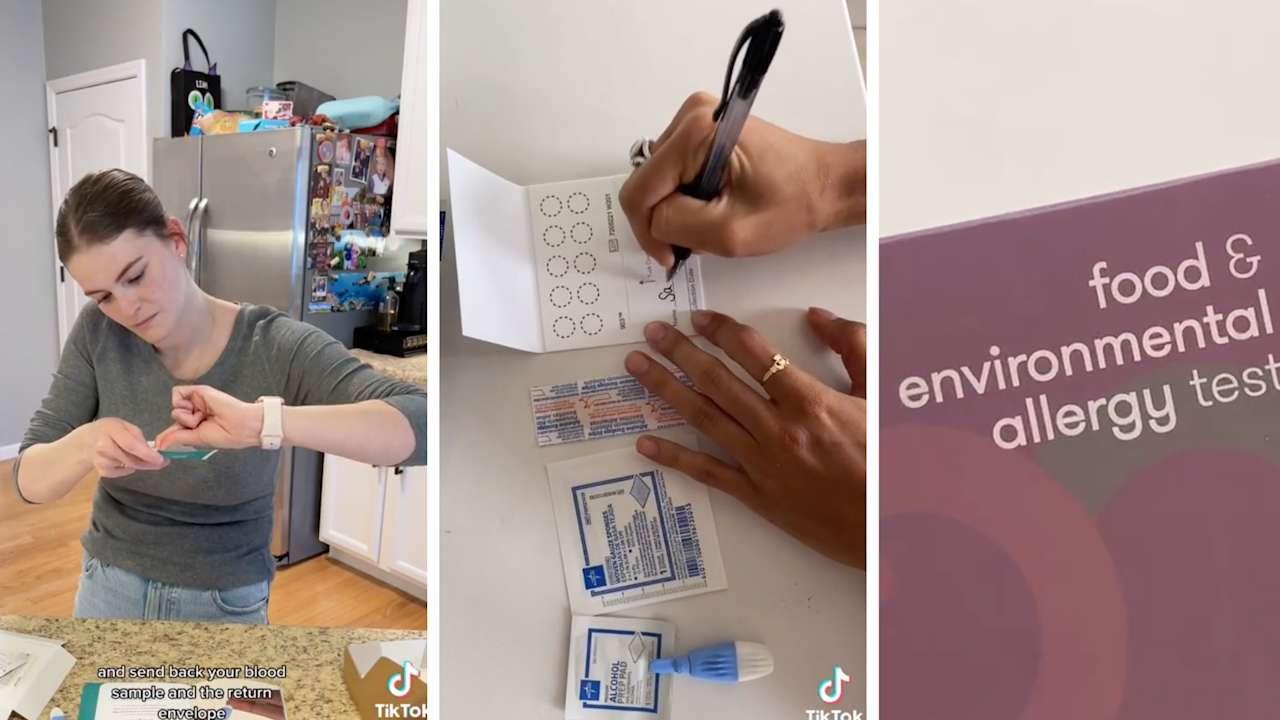A “worrying” number of Brits are “self-diagnosing” food issues.
Two million people could have a food allergy, according to the Food Standard Agency.
But this number could rise if more people are turning to at-home test kits.
So, what’s the worry?
Dieticians have growing concerns about the number of people eliminating food from their diet after self-diagnosing serious dietary problems, without seeking medical intervention.
Often this is using tests bought online – with influencers on TikTok also posting videos of self-testing.
This has led to fears about creators inadvertently promoting the tests, seen by some to be ineffective.

In videos posted on sites like TikTok, influencers show how tests can be carried out, with either a blood sample, urine or piece of hair being sent off to a lab to search for food issues.
In a survey by YouGov and the British Dietetic Association), more than 2,000 people in the UK were asked what, if anything, they have self-diagnosed when it comes to issues relating to food and nutrition.
Almost half (49.5%) said they or a family member believe they have a condition relating to what they eat, without having any investigation or advice from a healthcare professional.

What’s the difference between an allergy and an intolerance?
Food intolerances – often to things like gluten and dairy – tend to make you feel bloated, sick or a give you a headache.
Eating something you’re intolerant to could also affect your skin.
So what will a food allergy do to my body?
This can be much more serious.
A food allergy is where your immune system reacts badly to something you’ve eaten.
Side effects include swelling, vomiting or coming up in hives.
According to the BDA, using an at-home testing kits means the public are going on to treat potentially serious medical conditions themselves.
They say by cutting out important food groups and not getting what sometimes might be the critical care they need, people are potentially putting themselves and their family members at risk.
In relation to videos we found on TikTok, the site told ITV News: “Our community guidelines make clear that we do not allow inaccurate, misleading, or false content that may cause significant harm to individuals or society, regardless of intent.
“This includes medical misinformation.”
The best place to go for accurate information is to visit your GP or to speak to a dietician.
Follow STV News on WhatsApp
Scan the QR code on your mobile device for all the latest news from around the country




























